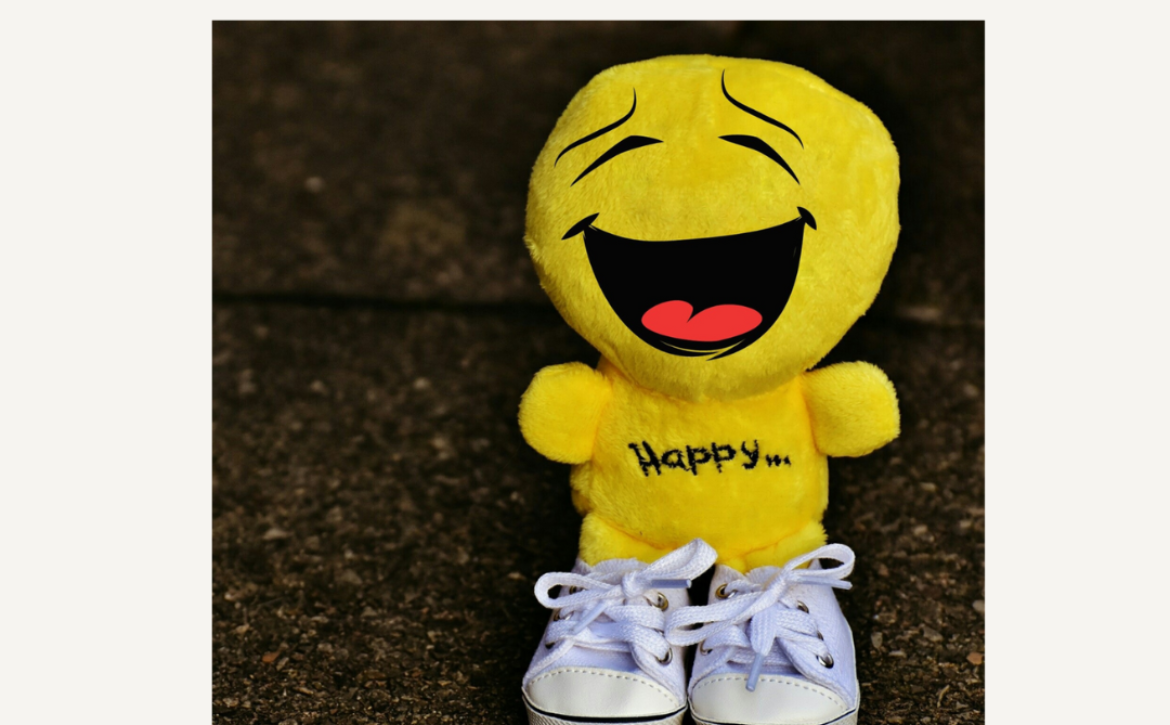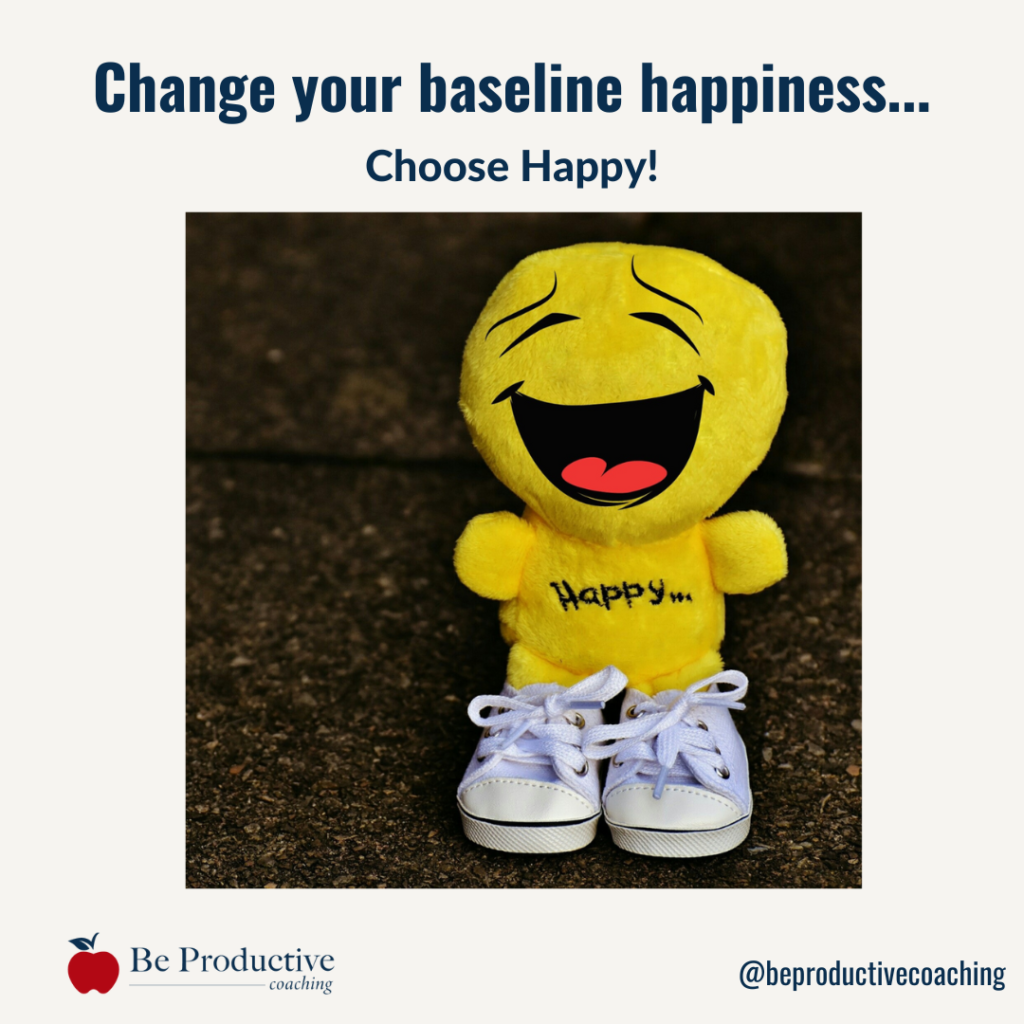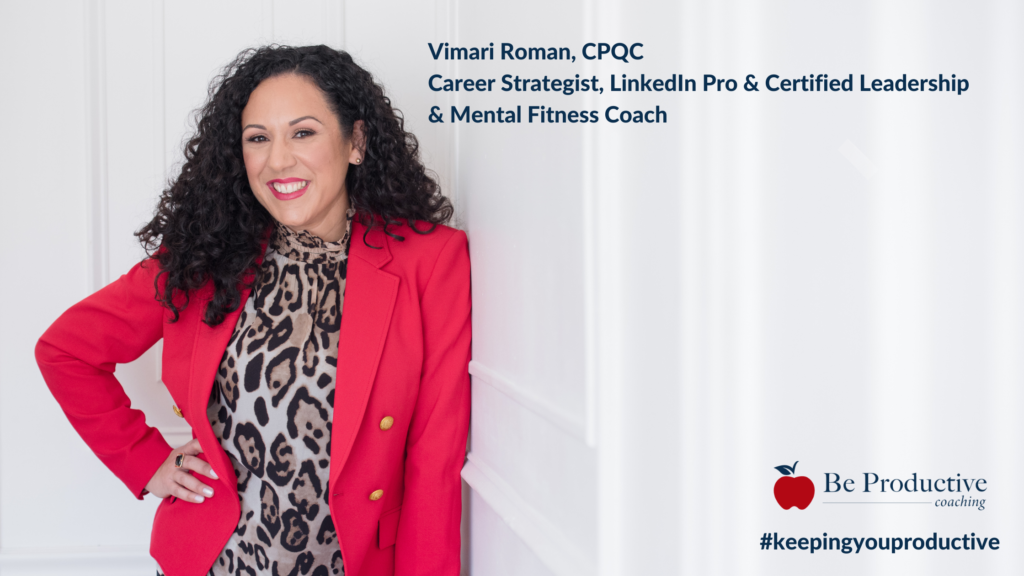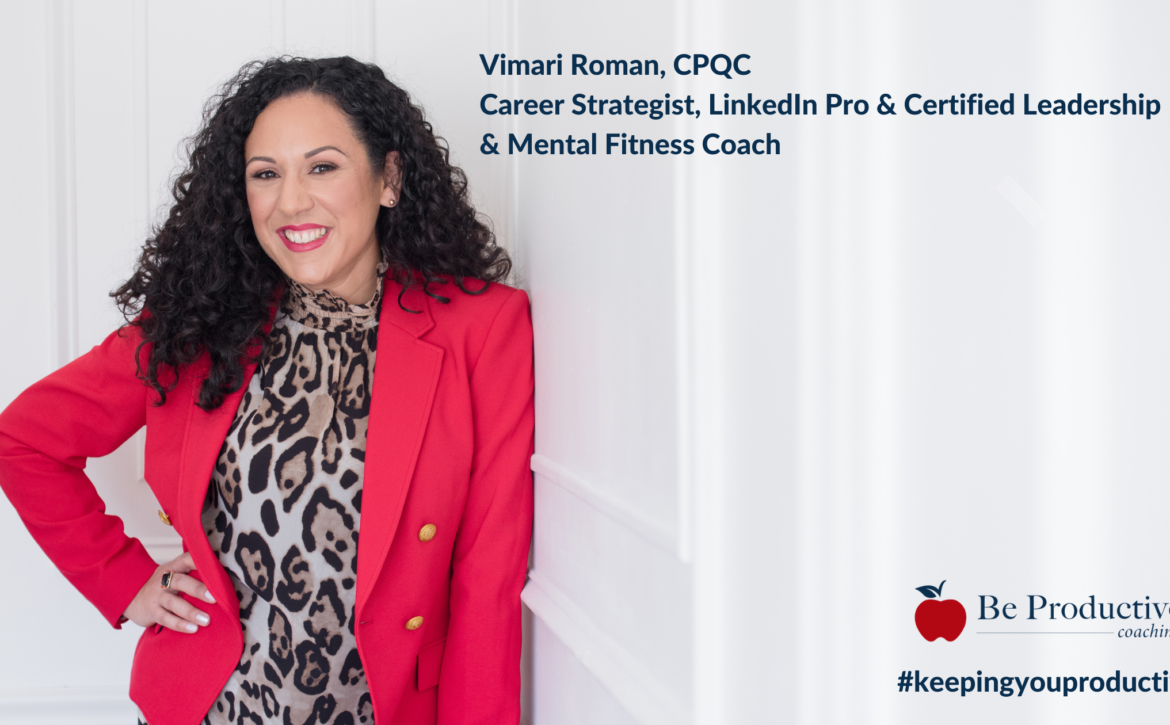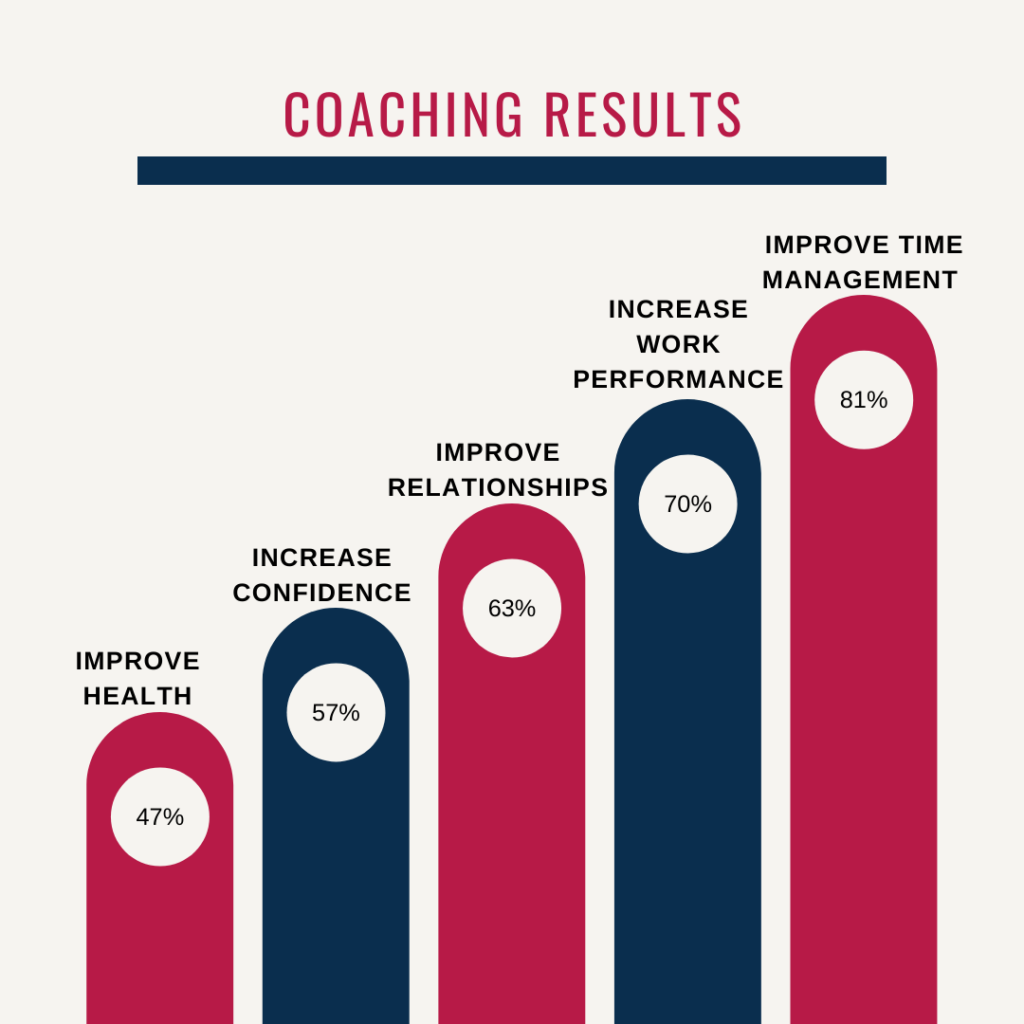Why Do People Hate Their Jobs So Much?!
Why Do People Hate Their Jobs So Much?!
In the frenetic world of corporate America, a startling number of individuals find themselves trapped in the grip of job dissatisfaction. The once-promising career path has transformed into a grueling nine-to-five drudgery, leaving many to ponder: Why do people hate their jobs so much? This pervasive sense of workplace unhappiness has become a critical issue, affecting not only individual well-being but also organizational productivity and economic growth. According to a recent report by the U.S. Bureau of Labor Statistics, job dissatisfaction costs American businesses over $550 billion annually in lost productivity and employee turnover.
Common Causes of Job Hatred
The reasons behind job dissatisfaction are as diverse as the workforce itself. However, several key factors consistently contribute to the pervasive sense of professional misery:
Lack of Purpose and Meaning
Many employees experience a profound disconnect between their daily tasks and any sense of higher purpose. This professional purpose deficit can lead to a feeling of emptiness and futility in one’s work.
Poor Work-Life Balance
The constant struggle to juggle professional responsibilities with personal life often results in burnout and resentment towards one’s job. This imbalance can significantly impact mental health and overall life satisfaction.
Toxic Workplace Culture
A negative work environment, characterized by office politics, lack of support, and poor communication, can quickly turn a dream job into a nightmare. Workplace negativity spirals can be particularly damaging to employee morale
Insufficient Compensation and Benefits
Feeling undervalued and underpaid for one’s efforts is a major source of job dissatisfaction. When employees perceive a mismatch between their contributions and rewards, it can lead to decreased motivation and engagement.
Limited Growth Opportunities
Career stagnation and a lack of professional development prospects can leave employees feeling trapped and unfulfilled. The absence of a clear career path often results in a loss of occupational motivation.
Misalignment with Personal Values
When an individual’s values clash with those of their employer or industry, it can create a sense of moral discomfort and professional disenchantment.
The Psychology Behind Job Dissatisfaction
To truly understand the phenomenon of job hatred, we must examine the psychological factors at play:
Maslow’s Hierarchy of Needs in the Workplace
Abraham Maslow’s famous theory can be applied to the work environment. When basic needs such as job security and fair compensation are not met, employees struggle to reach higher levels of satisfaction and self-actualization in their roles.
The Impact of Unfulfilled Expectations
Many enter the workforce with high hopes and expectations. When reality fails to meet these ideals, it can lead to profound disappointment and disillusionment.
The Role of Intrinsic and Extrinsic Motivation
While extrinsic motivators like salary and benefits are important, intrinsic factors such as personal growth and meaningful work often play a more significant role in long-term job satisfaction.
Cognitive Dissonance in Career Choices
The mental discomfort experienced when one’s beliefs about one’s ideal career clash with the reality of one’s current job can contribute to ongoing dissatisfaction and stress.
The Consequences of Hating Your Job
Job dissatisfaction syndrome is not just a personal problem; it can have far-reaching consequences:
Mental Health Issues
Prolonged exposure to a disliked job can lead to stress, anxiety, and depression. Work-related depression is a growing concern in many industries.
Physical Health Problems
The mental toll of job dissatisfaction often manifests in physical symptoms, including headaches, fatigue, and a weakened immune system.
Decreased Productivity and Performance
Unhappy employees are typically less productive, which can impact both individual career prospects and overall company performance.
Negative Impact on Personal Relationships
The strain of job-related emotional exhaustion often spills over into personal life, affecting relationships with family and friends.
Career Stagnation and Missed Opportunities
Those stuck in jobs they hate may miss out on valuable opportunities for growth and advancement, further exacerbating their dissatisfaction.
Strategies for Improving Job Satisfaction
For those experiencing workplace unhappiness, there are several strategies to consider:
Self-Assessment and Goal-Setting
- Take time to reflect on your values, strengths, and long-term career aspirations.
- Set clear, achievable goals that align with your personal and professional objectives.
Developing New Skills and Competencies
- Invest in continuous learning to enhance your value and open up new opportunities.
- Seek out training programs or certifications that can broaden your skill set.
Improving Communication with Supervisors and Colleagues
- Foster open dialogue with your superiors about your role and expectations.
- Build positive relationships with coworkers to create a more supportive work environment.
Seeking Opportunities for Growth Within the Current Role
- Look for ways to take on new responsibilities or lead projects that interest you.
- Propose innovative ideas that can benefit both you and your organization.
Cultivating a Positive Mindset and Practicing Gratitude
- Focus on the aspects of your job that you do enjoy, no matter how small.
- Regularly acknowledge the positive elements of your work life to maintain perspective.
When to Consider a Career Change
Sometimes, despite best efforts, a job may simply be the wrong fit. Here are signs it might be time to move on:
- Persistent feelings of dread or anxiety about work.
- Lack of engagement or interest in your tasks.
- Misalignment between your values and the company’s culture.
- Limited growth potential within the organization.
Steps to prepare for a career transition include:
- Conducting thorough research on potential new fields or roles.
- Networking with professionals in your desired industry.
- Updating your skills and qualifications as needed.
- Creating a financial buffer to support your transition.
Overcoming fears and obstacles in career changes requires courage and careful planning. Remember that many successful professionals have navigated career shifts and emerged more satisfied and fulfilled.
Transform Your Career with Be Productive Coaching
Job dissatisfaction is a complex issue with no one-size-fits-all solution. However, by understanding its causes and actively working to improve our work lives, we can move towards greater fulfillment in our careers. Whether it’s through personal growth, workplace improvements, or bold career changes, there are always paths to a more satisfying professional life.
Remember, you’re not alone in facing these challenges. Many have successfully navigated the journey from job hatred to career contentment. If you’re struggling with job dissatisfaction, Be Productive Coaching can help you navigate your career challenges and find fulfillment in your professional life. By working with us, you can gain clarity on your career goals, develop strategies to overcome obstacles and build confidence to take control of your career. With the right guidance and support, you can transform your job from a source of stress and unhappiness to a source of joy and fulfillment. Don’t settle for a life of workplace misery – take the first step towards a more rewarding career by booking a free consultation with Be Productive Coaching today.



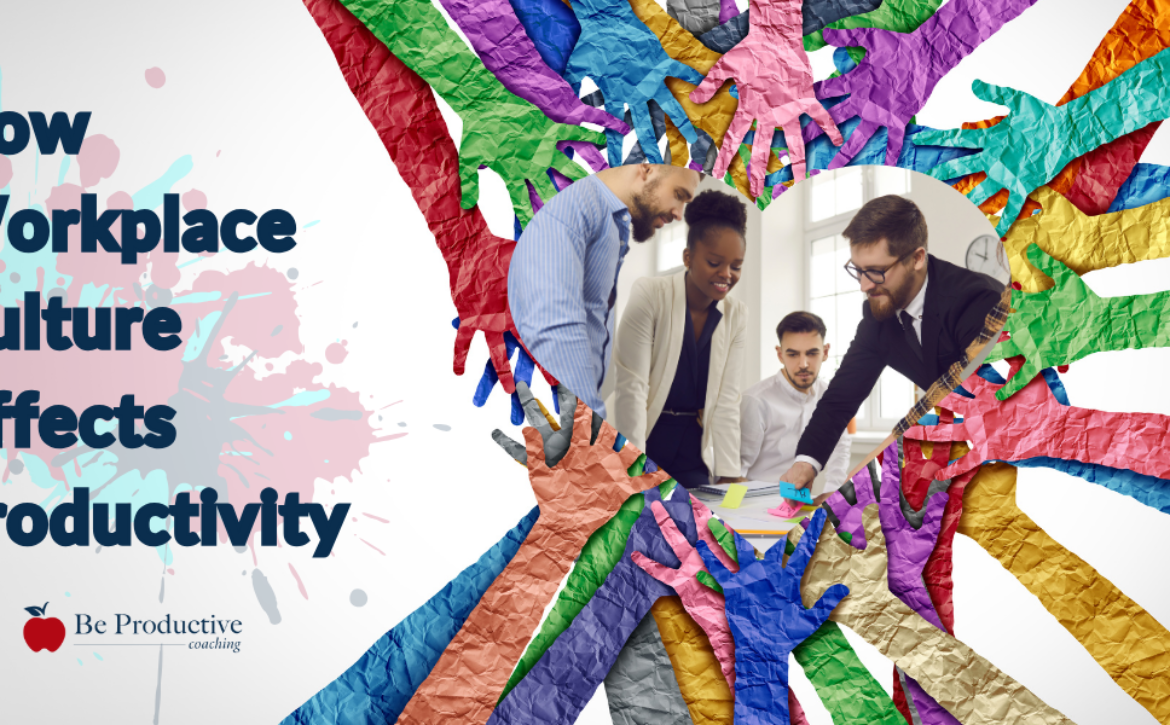
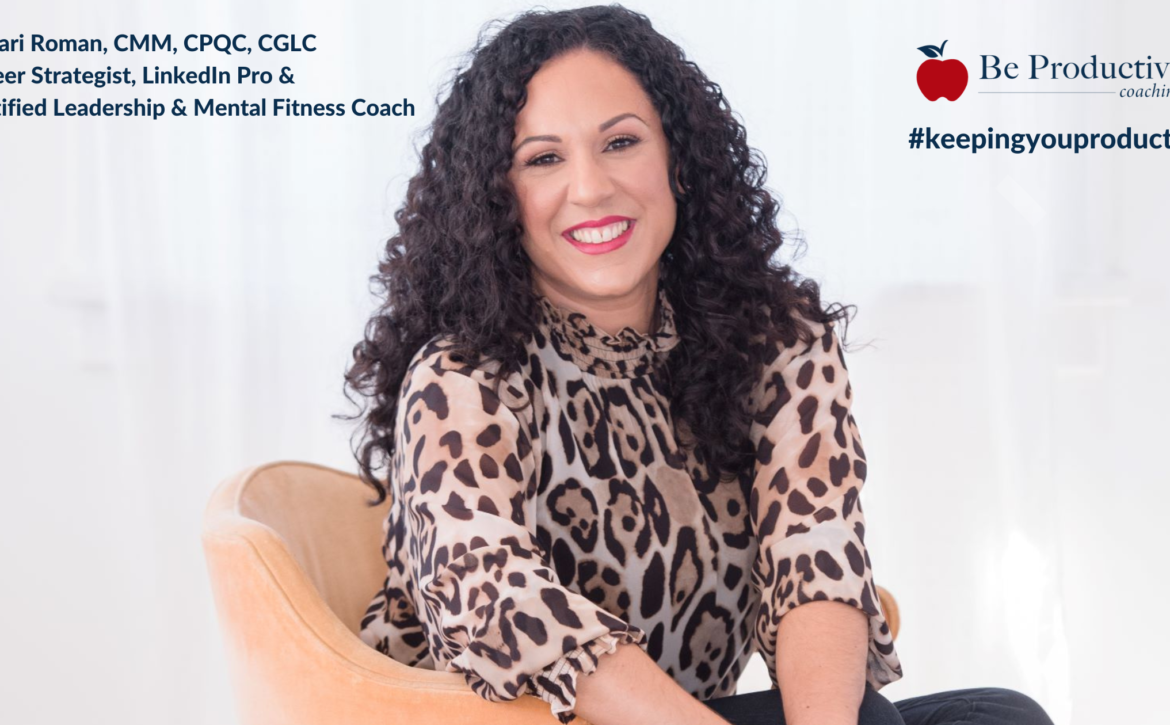
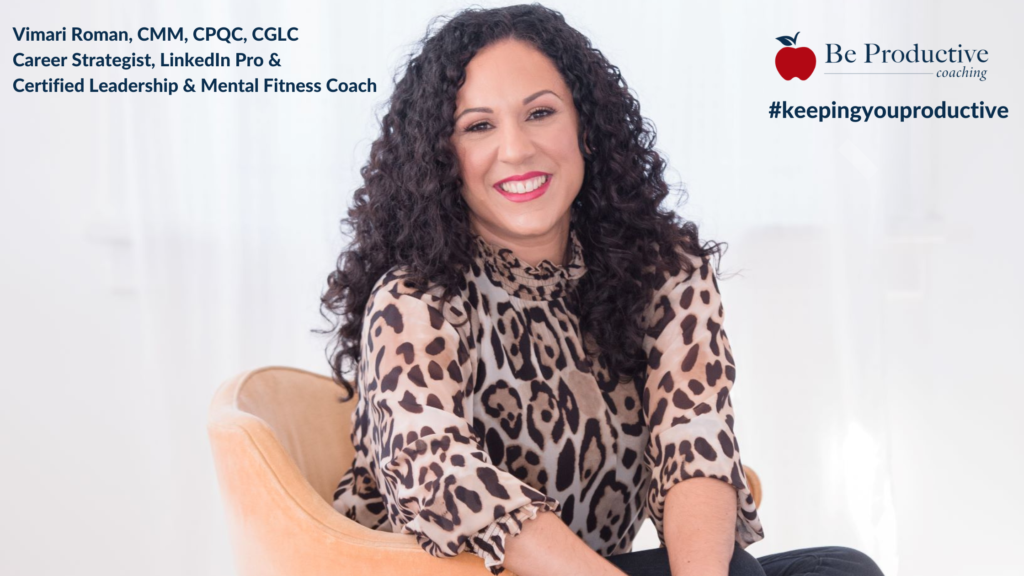
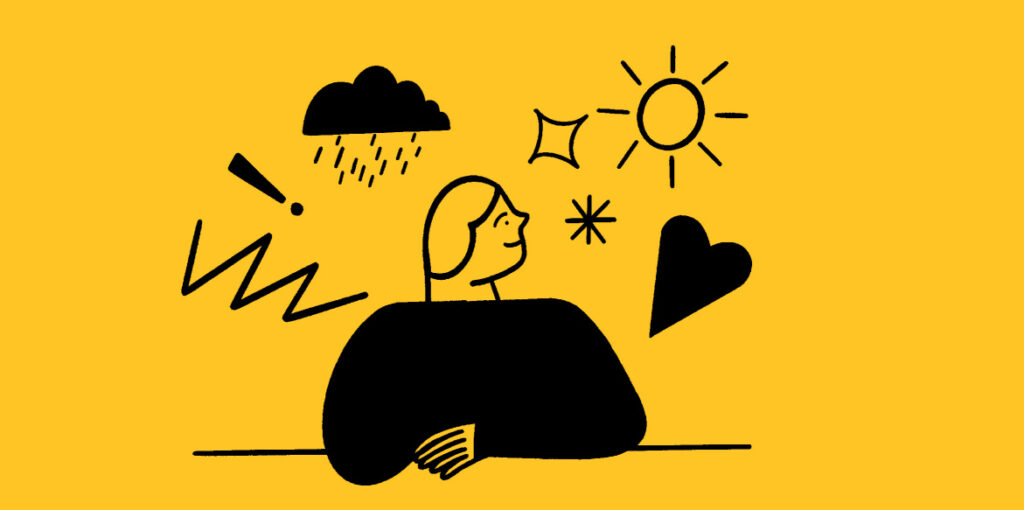
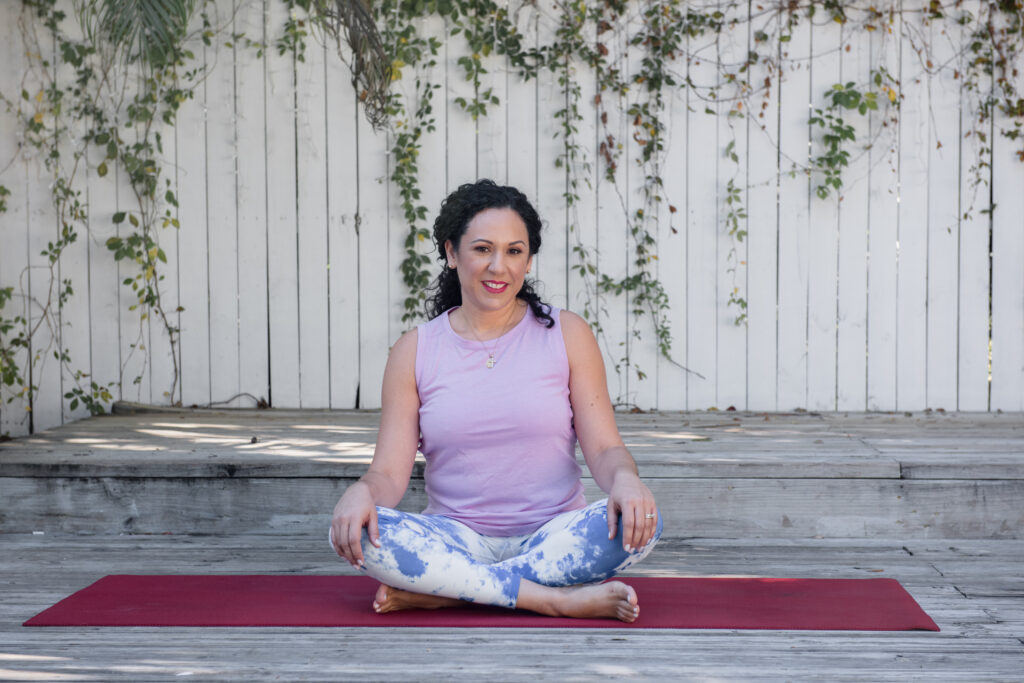





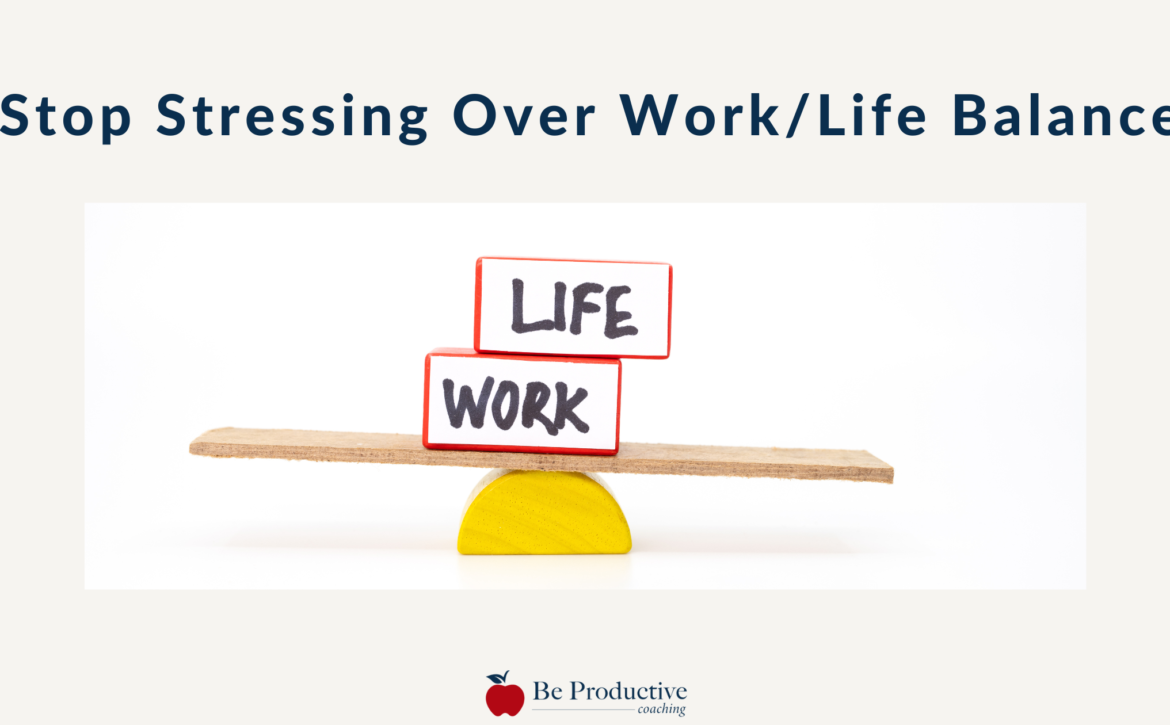
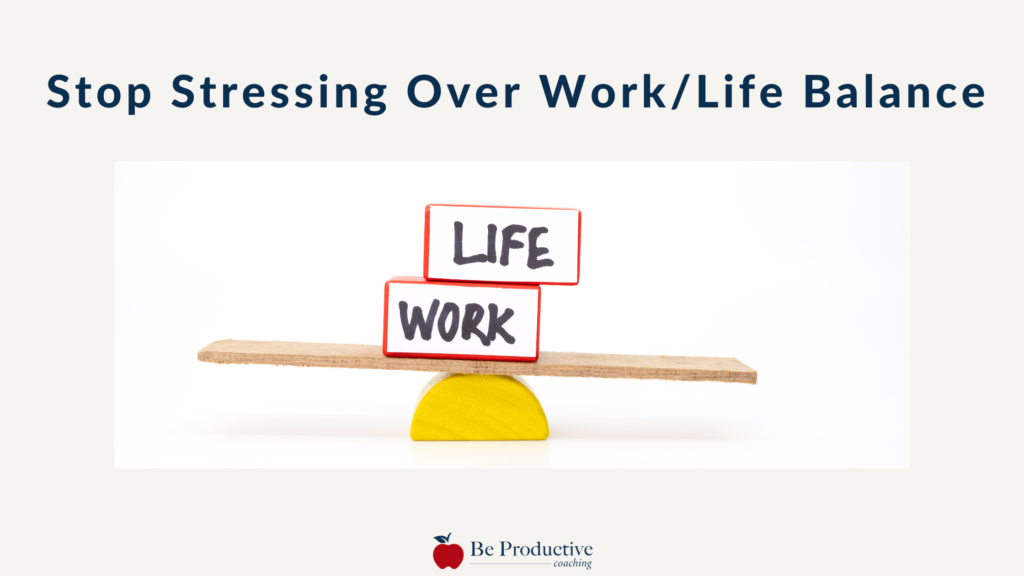

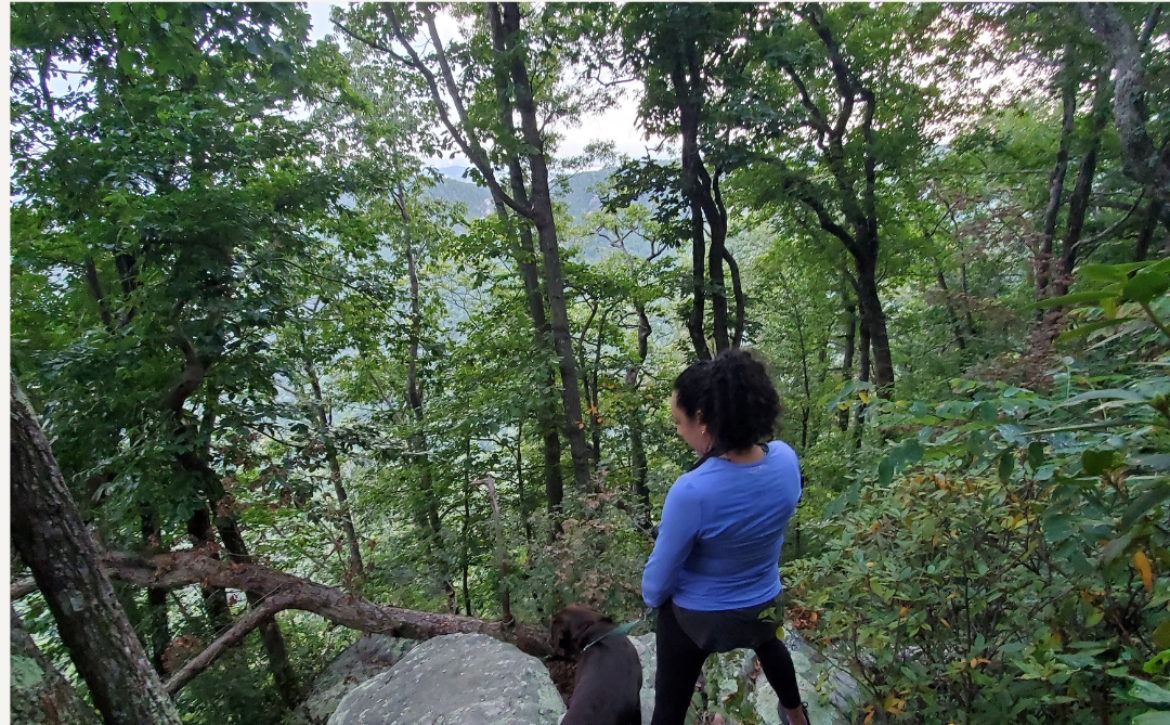
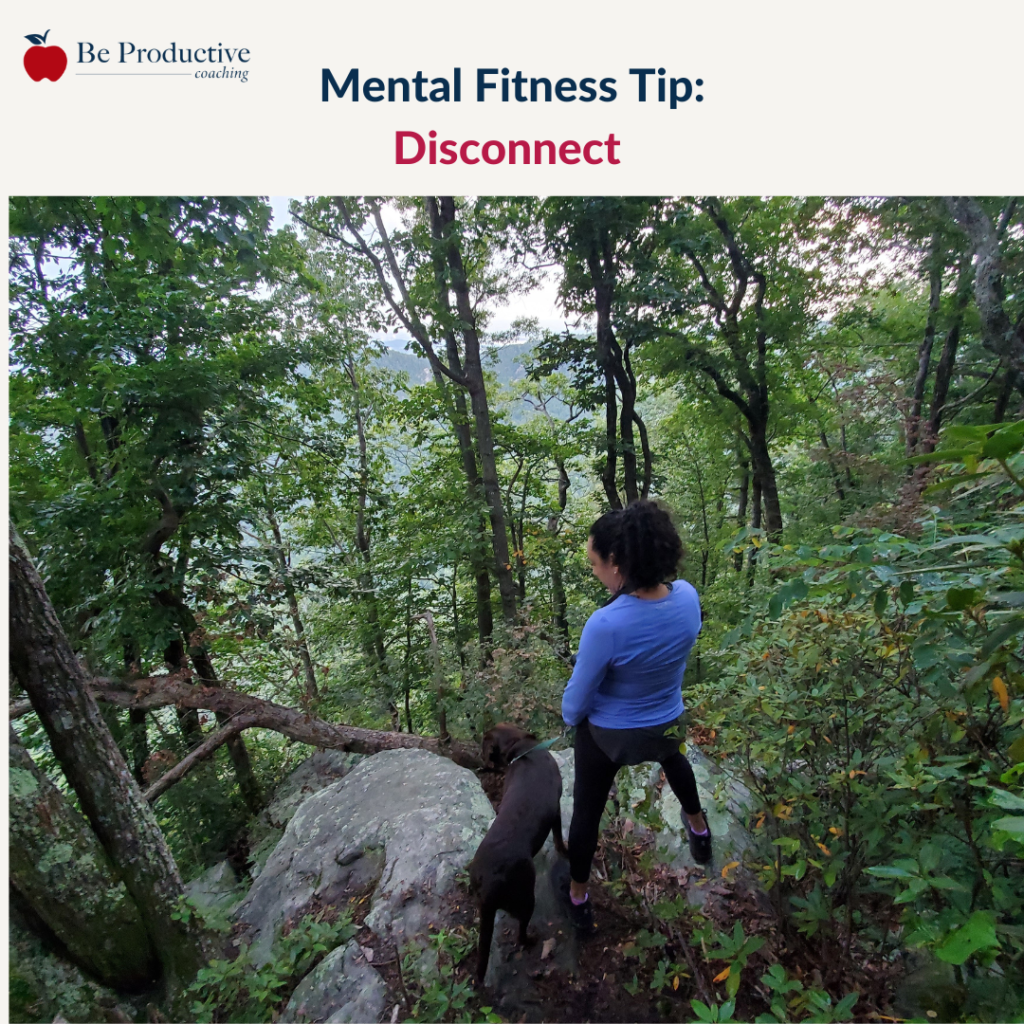
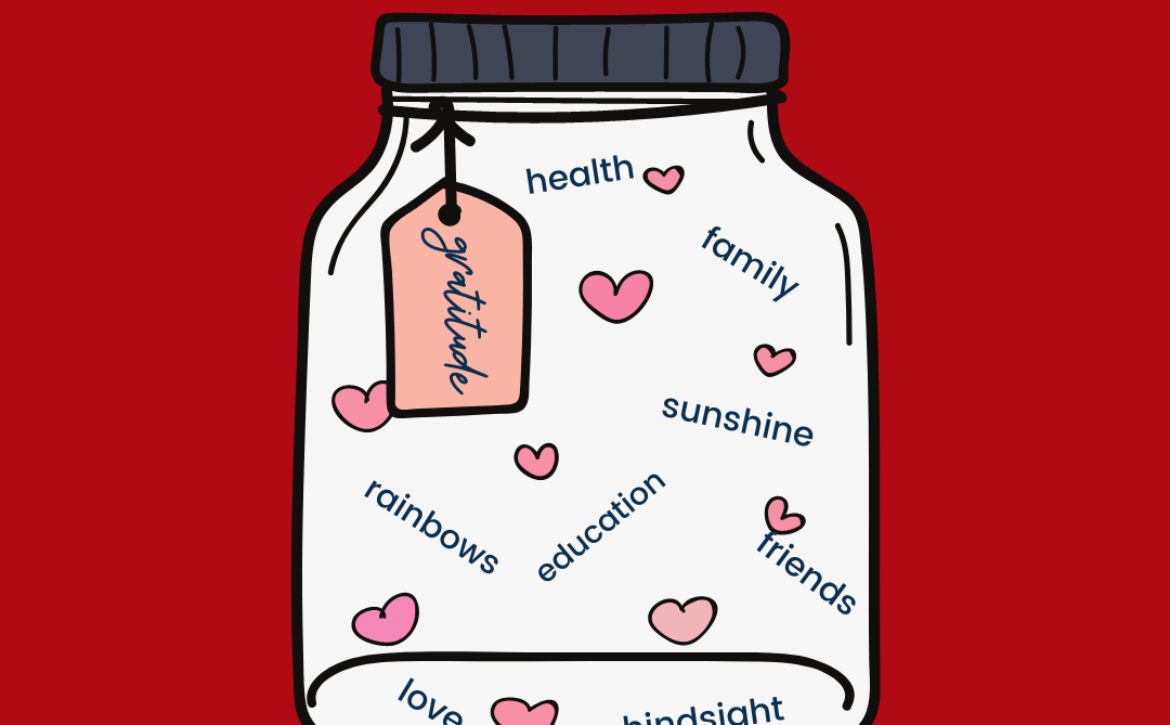
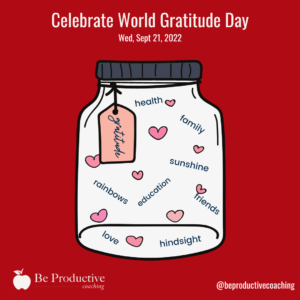

 I love doing this at conferences and retreats and leaving these randomly for my husband. Buy a stack of blank “Thank you” cards or just blank cards, and for one month, mail out a minimum of one (1) card or letter per week to someone who has done something you appreciate and/or you are just grateful to have them in your life.
I love doing this at conferences and retreats and leaving these randomly for my husband. Buy a stack of blank “Thank you” cards or just blank cards, and for one month, mail out a minimum of one (1) card or letter per week to someone who has done something you appreciate and/or you are just grateful to have them in your life. The secret to this exercise is that the rock is just a symbol, a physical object you can use to remind yourself of what you have. I brought a gratitude rock back from my recent pilgrimage on the Camino as a reminder of how wonderful I felt during that trip and how grateful I am to have had the opportunity to complete the journey. The instructions are about as simple as instructions can be: just find a rock! Make sure to pick the one you like, whether you like it because it’s pretty because it is smooth or has an interesting texture, or because you picked it up from a special place. If you have another small object you’d rather use instead, feel free to substitute that for the rock. Carry this rock in your pocket, leave it on your desk where you will see it throughout your day, or even wear it on a chain around your neck or wrist. Whenever you see it or touch it, pause to think about at least one thing you are grateful
The secret to this exercise is that the rock is just a symbol, a physical object you can use to remind yourself of what you have. I brought a gratitude rock back from my recent pilgrimage on the Camino as a reminder of how wonderful I felt during that trip and how grateful I am to have had the opportunity to complete the journey. The instructions are about as simple as instructions can be: just find a rock! Make sure to pick the one you like, whether you like it because it’s pretty because it is smooth or has an interesting texture, or because you picked it up from a special place. If you have another small object you’d rather use instead, feel free to substitute that for the rock. Carry this rock in your pocket, leave it on your desk where you will see it throughout your day, or even wear it on a chain around your neck or wrist. Whenever you see it or touch it, pause to think about at least one thing you are grateful

